Advanced VFX Compositing
What is Compositing?
Compositing is a vital part of the process in creating visual effects (VFX) for movies, TV, and animated productions. The Compositor combines elements filmed during production with Computer Generated Imagery (CGI) created by other artists to blend them together seamlessly. Compositors also fix problems in the footage that occurred during filming, and find methods to enhance VFX shots to better match the director’s vision. All of the final pieces are assembled by Compositors, who can transform a shot into something spectacular that initially was not possible.
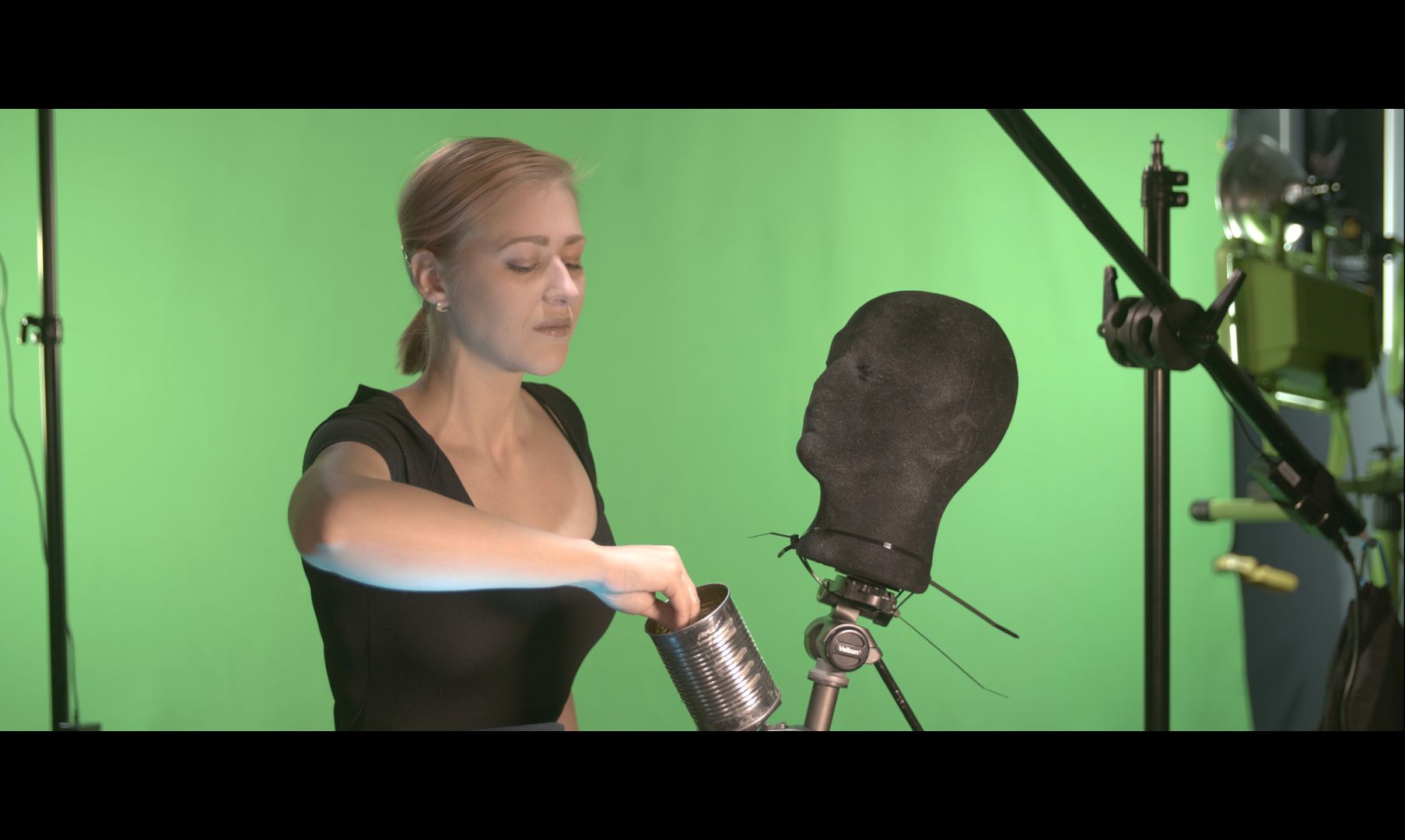
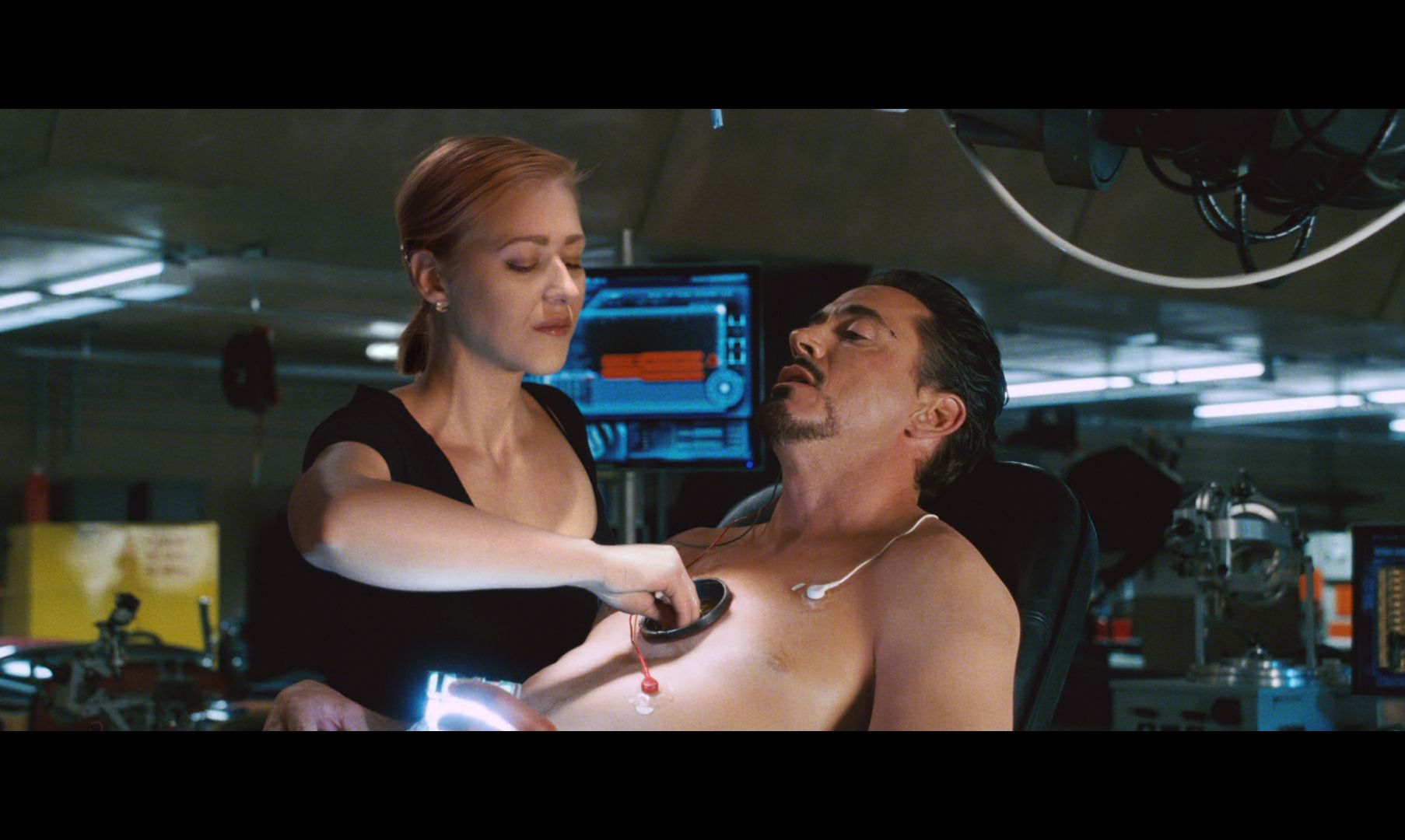
Our 12-Month Program
The Advanced Visual Effects Compositing Diploma offered only at Lost Boys is specifically designed and continuously updated to provide students with a broad variety of real-world compositing tasks to sharpen and prove their skills on a demo reel. Being a small, specialized school with a strong reputation, we have a long history of successfully creating practicum opportunities that lead to jobs for our Compositing graduates. The overwhelming majority of graduates from our intensive 12 month program, which only holds 12-students maximum for each class, are hired right out of school either as Compositors or BG Prep/Paint Artists, and go on to enjoy long careers in the VFX industry, with some choosing to become Leads or Supervisors.
Keying
Taught in: Invisible & Ethereal Effects Projects, Intro to Nuke & Comp Essentials.
Rotoscoping
Taught in: Title Creation, Reflective Object, Invisible & Ethereal Effects Projects, Intro to Nuke & Comp Essentials.
Tracking
Taught in: Title Creation, Reflective Object, Invisible & Ethereal Effects Projects, Intro to Nuke & Comp Essentials.
Digital Painting
Taught in: Title Creation, Reflective Object & Invisible Effects Projects and Intro to Nuke.
2D Compositing
Taught in: Reflective Object, Invisible & Ethereal Effects Projects and Intro to Nuke.
3D Compositing
Taught in: Title Creation Project.
Our Teaching Philosophy
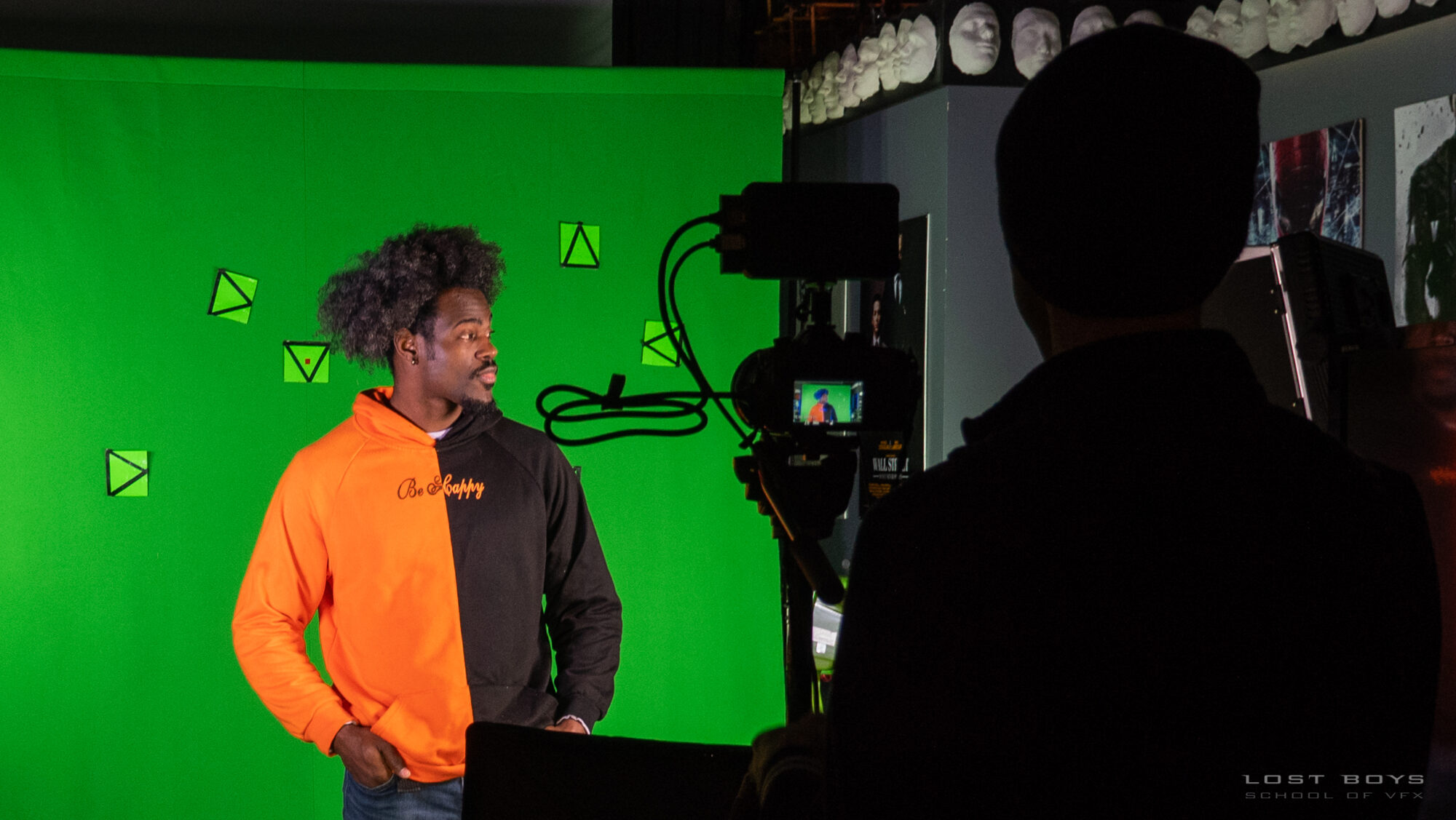

The vast majority of VFX that appear in modern films and television are “invisible effects,” which means that ideally the audience has no idea they’re watching something that’s either been digitally altered or is completely synthetic. To create this effect, we have to observe reality and then replicate it.
And there is not just one reality an artist has to deal with. There are in fact 6 of them.
The Physical Reality, the real world; the Photographic Reality, the reality that is captured by the camera; the Perceptual Reality, how you perceive the world; the Imagined Reality, how you imagine reality to be; the Expected Reality, how your leads, supervisors, and directors want it to be and the Approximate Reality, how the computer mathematically creates a virtual reality.
This Compositing Program, the first of its kind in the world was designed to teach students about these realities. It gives the students a framework for understanding Visual Effects. Through a unique and iterative workflow, students are taught how to learn to composite photo-real images.
There is no hiding in photo-realism, if it does not look photo-real then it isn’t real. All we have done over the last 10 years at Lost Boys is to teach students how to perform this magic trick without getting caught.
What To Expect
Practical
Practical
Theory
Theory
Industry Insight
Industry Insight
Review
Weekly Review
Career Prep
Career Prep
Practicum
Practicum
Alumni Success
We believe that progress toward our mission can be measured by the profound impact our graduates have on the visual effects industry. Our alumni continue to engage and shape the world of entertainment. Through our project-based learning and the unique curriculum of each of our veteran instructors, our alumni have proven time and time again that Lost Boys produce extraordinary artists ready to start on the ground floor.
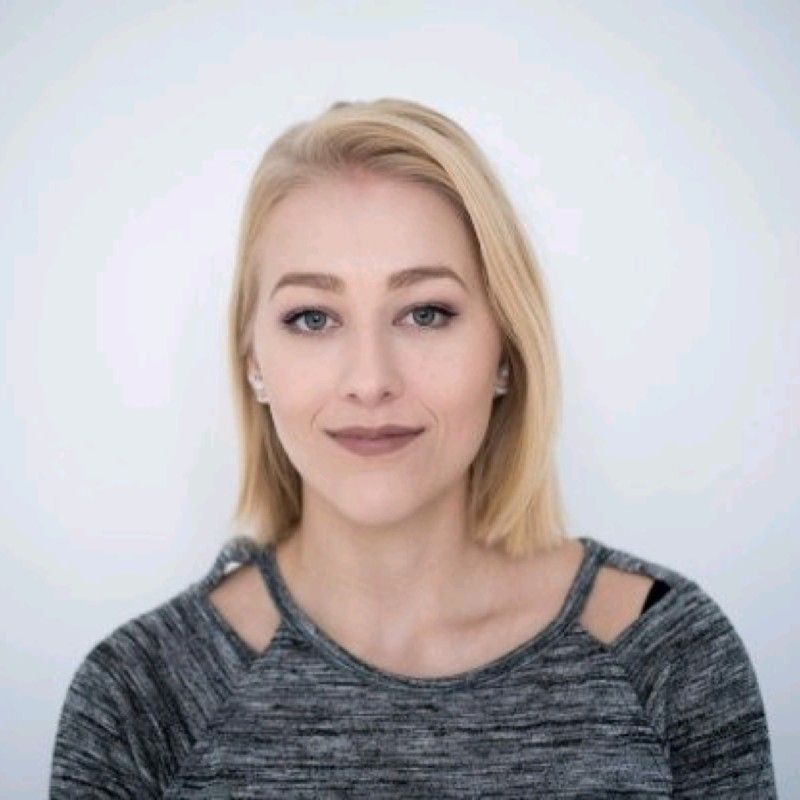
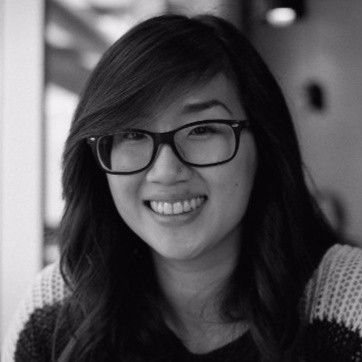
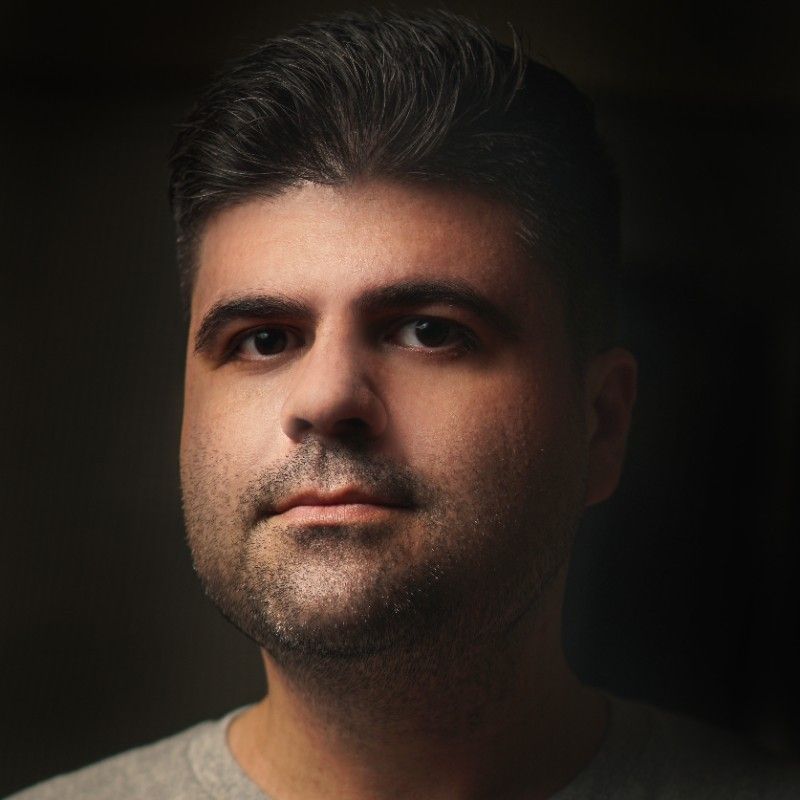
Compositing Practicum
Unique to Lost Boys and a testament to the job readiness of our students, our Advanced VFX Compositing Program includes a two month Industry Practicum placement. You will be placed inside the compositing department of local studios (upon availability) or assigned to a project for an external client to gain both unique workflow knowledge and industry connections. This initiative has received immense industry support, with the majority of the local studios and artists signing on to open their doors to our students, eager to find new talent. The successful implementation of our practicum has helped many of our students receive job offers weeks prior to graduation!


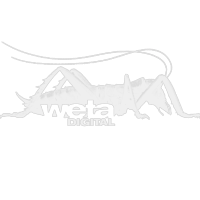
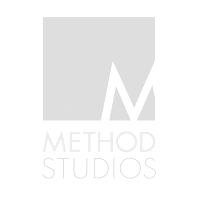




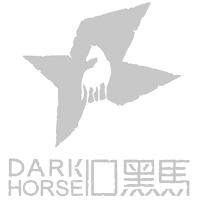
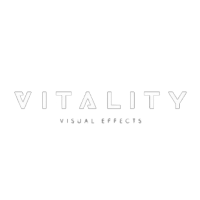
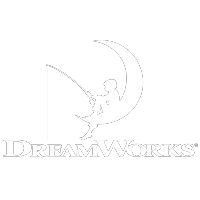




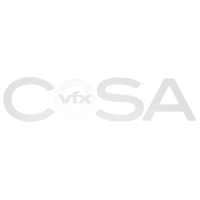
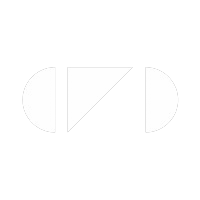
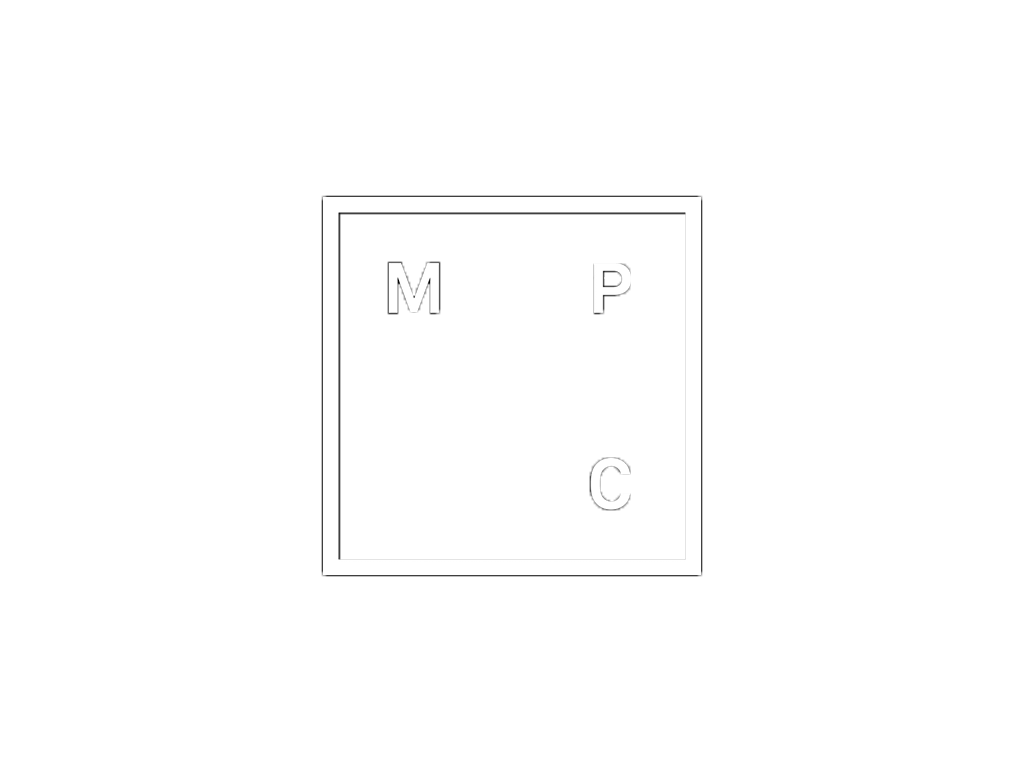
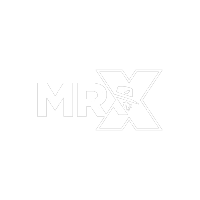
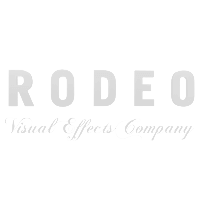
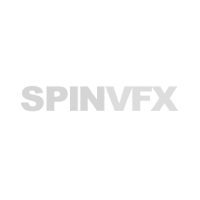
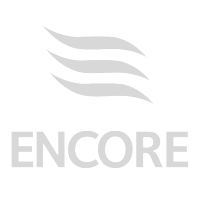


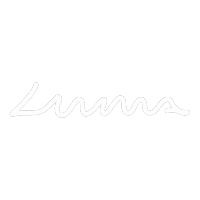
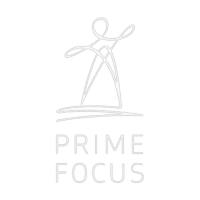
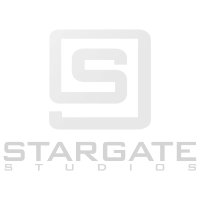
Vancouver provides a two-month industry practicum opportunity as part of Lost Boys curriculum. Students must have a grade above 75% and 90% Attendance to Qualify for Practicum.
Connect
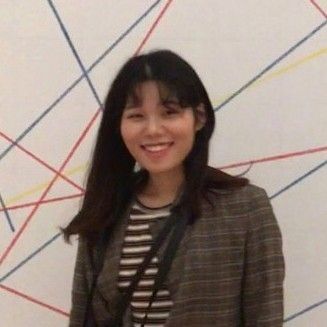
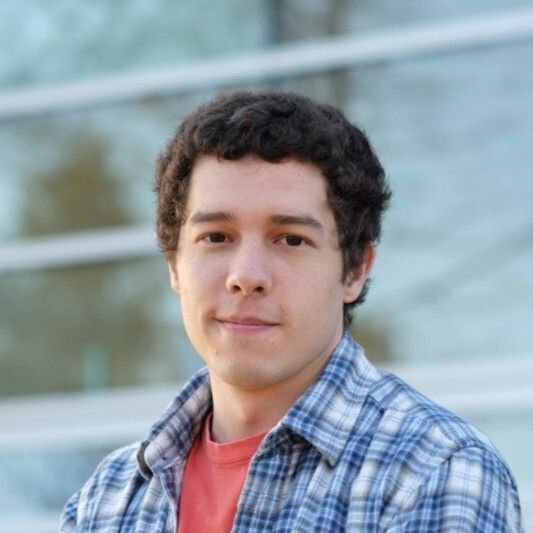
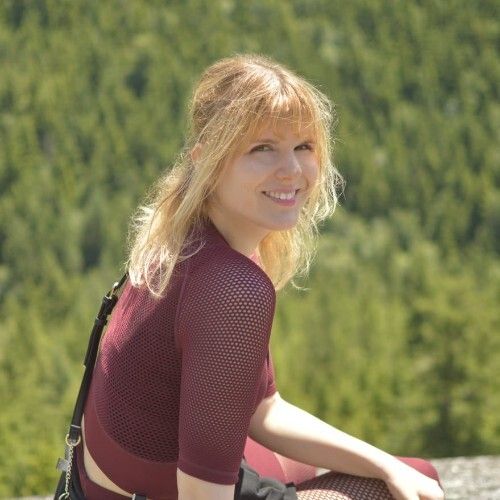
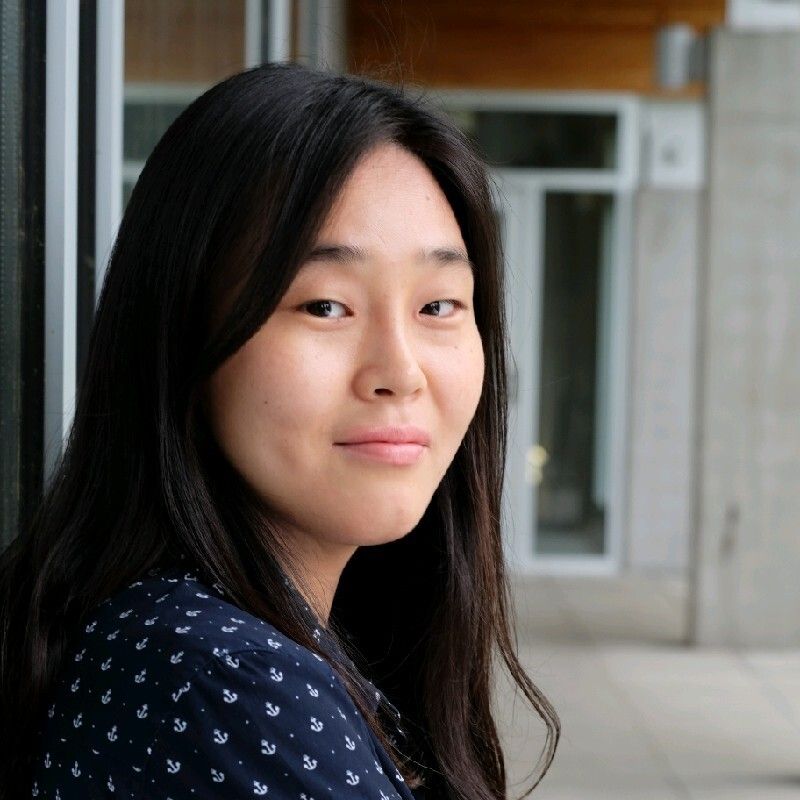
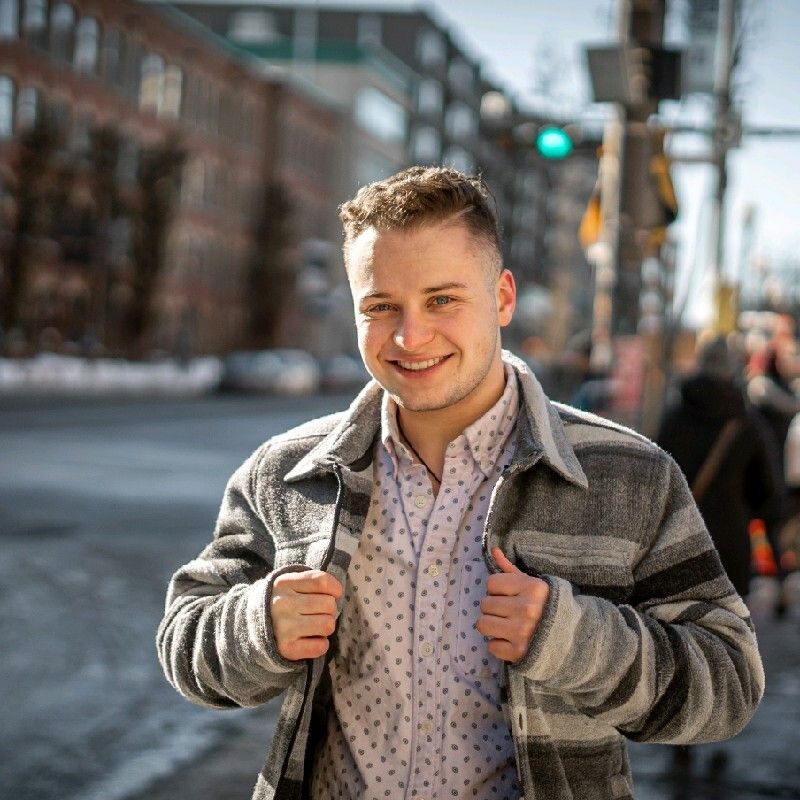
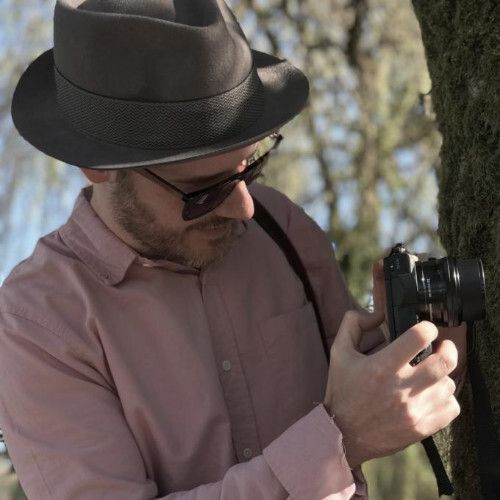
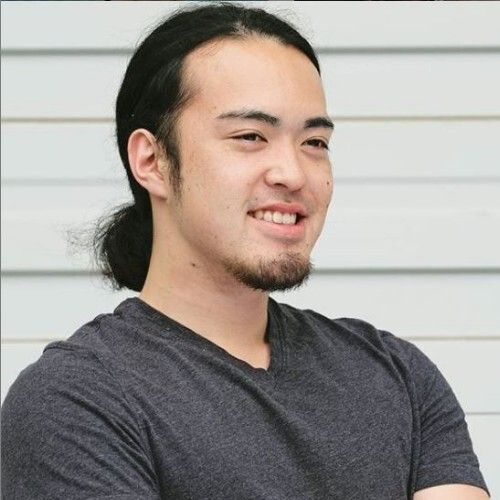
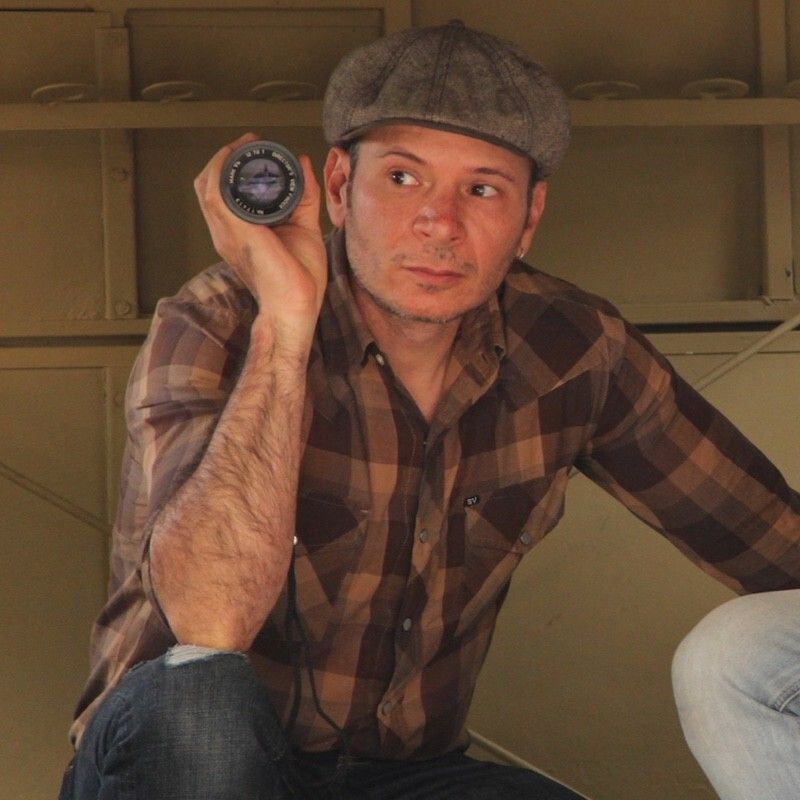
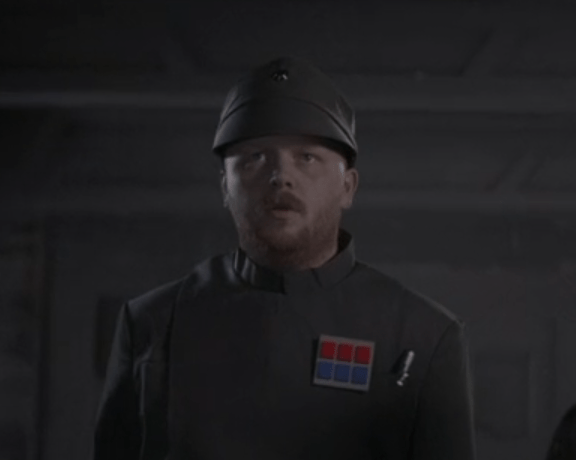
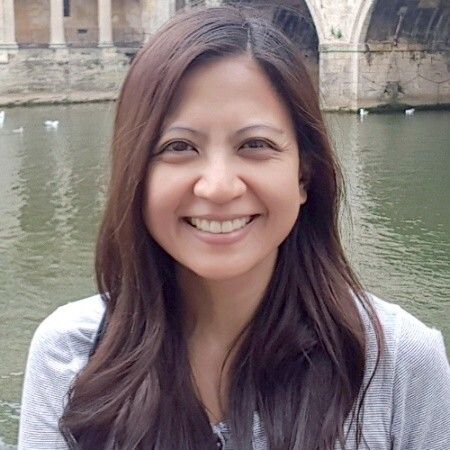


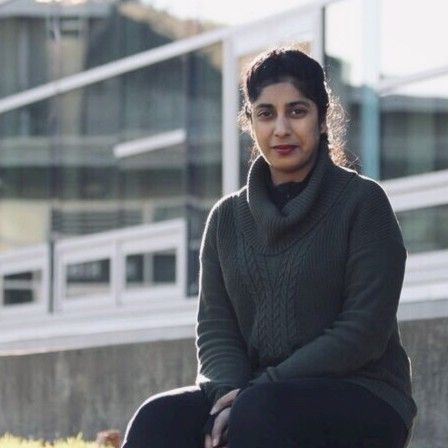
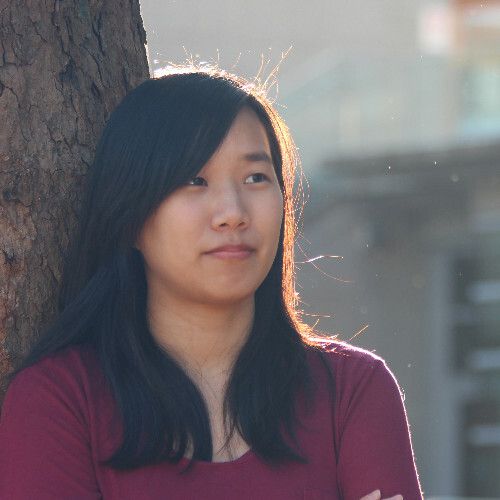

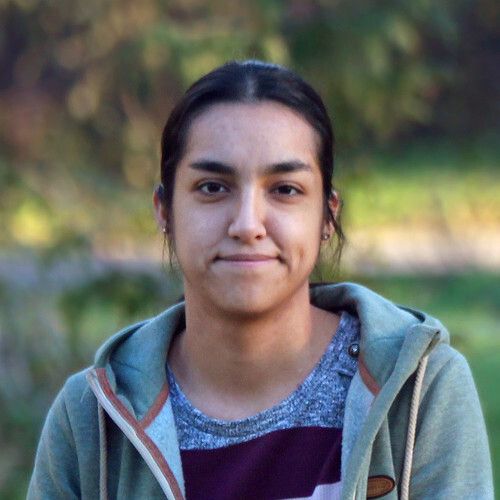
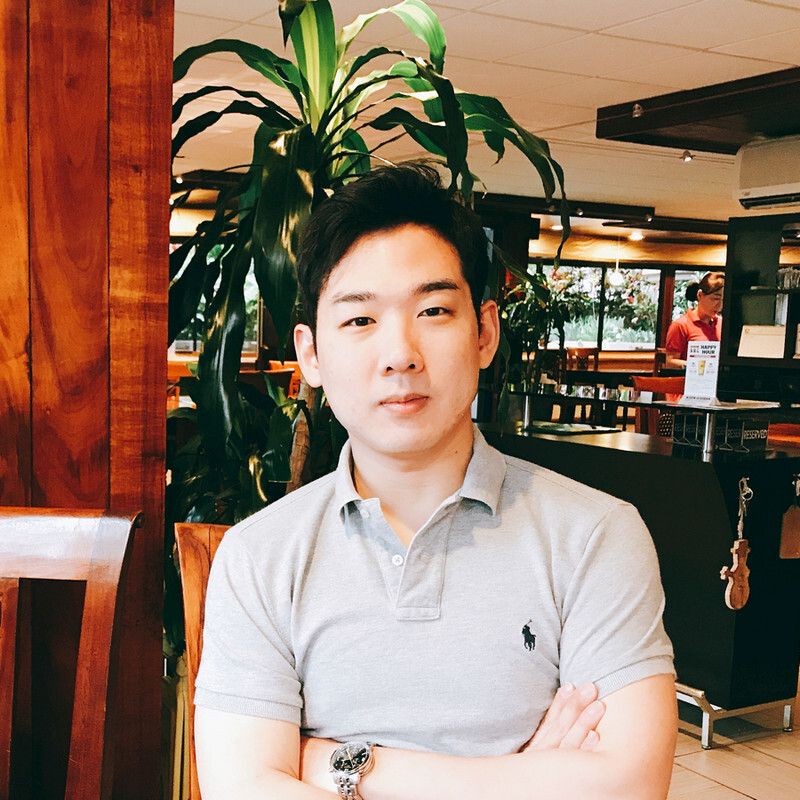
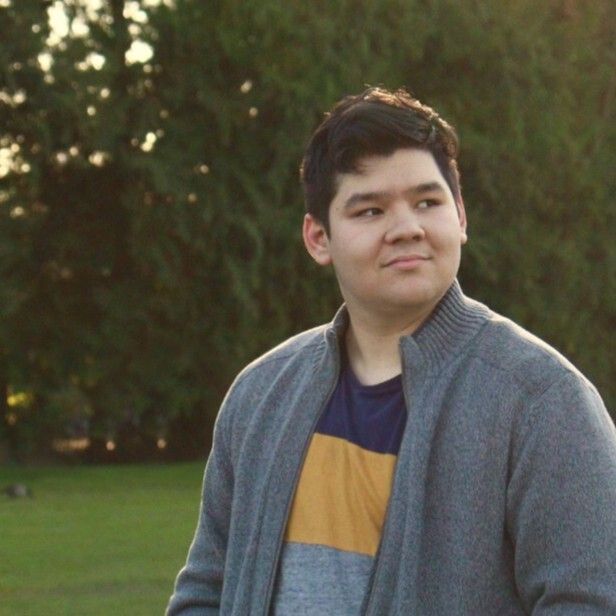



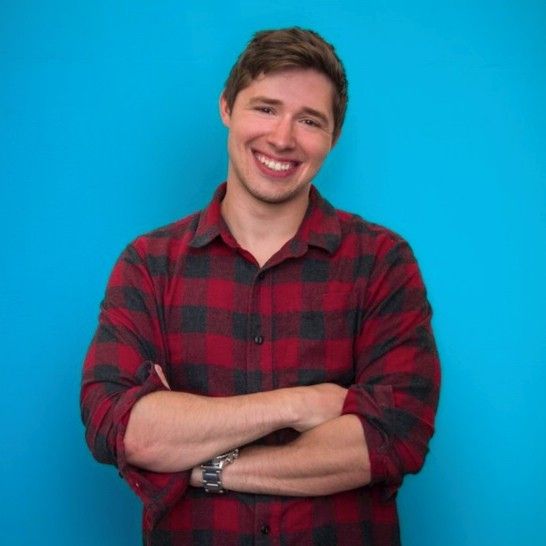
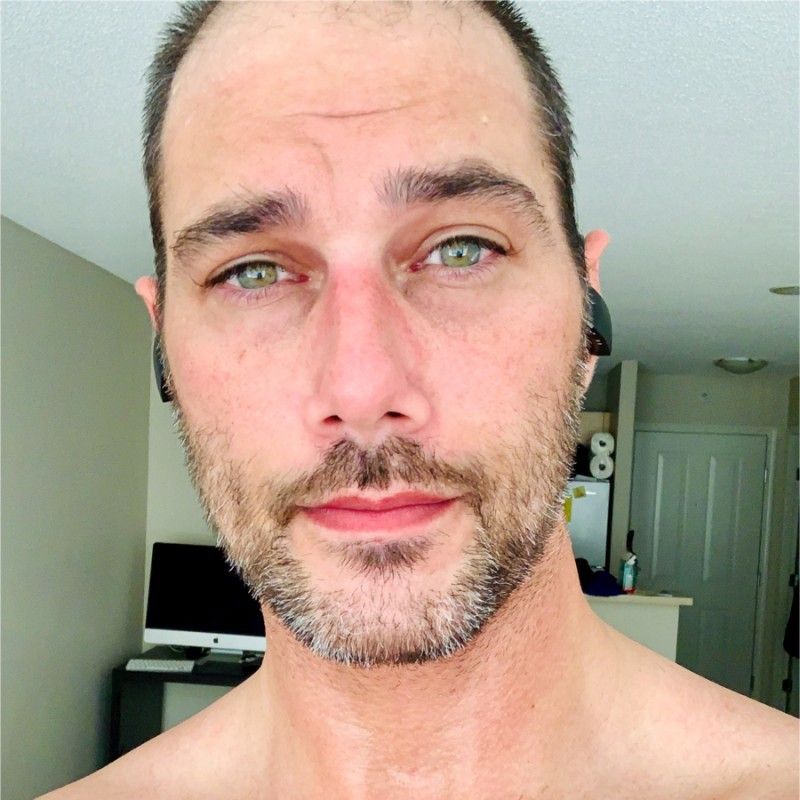
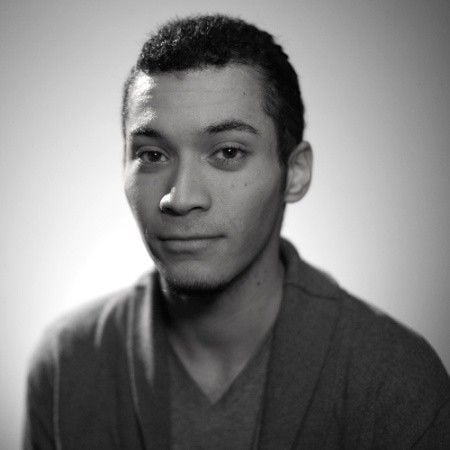
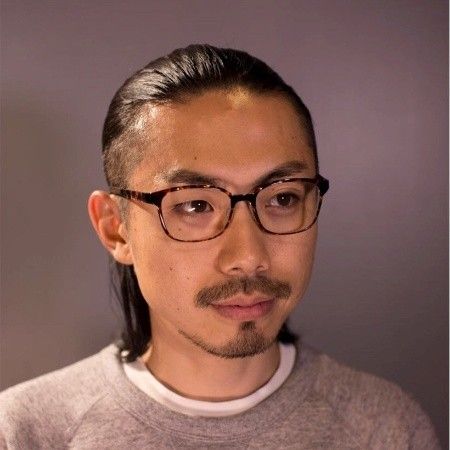
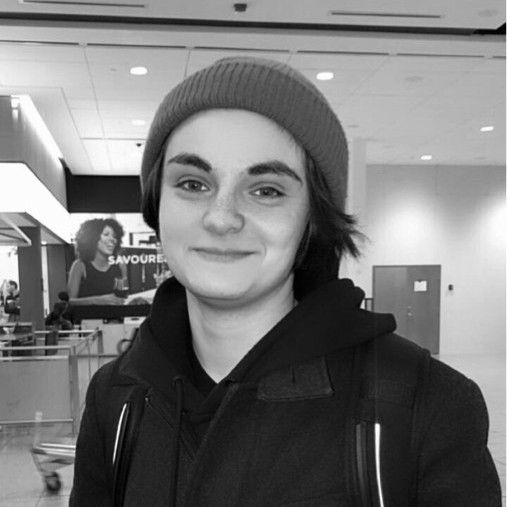
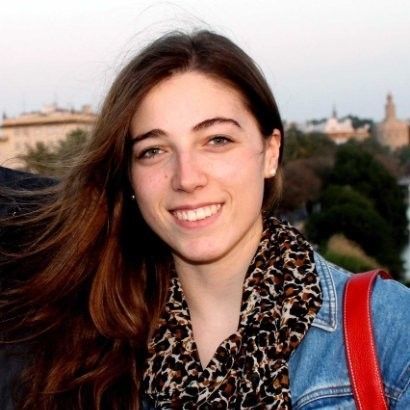
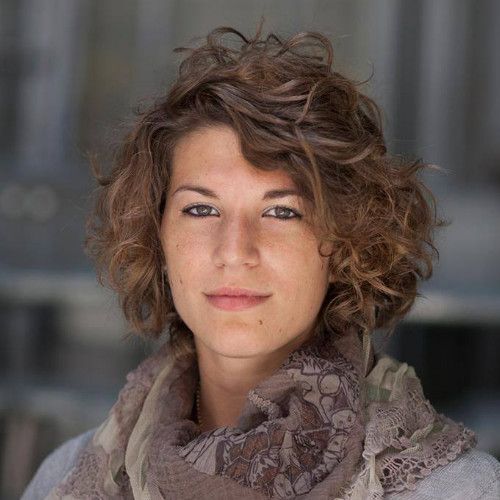

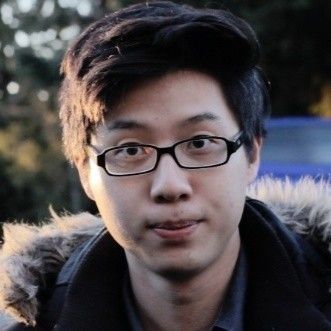
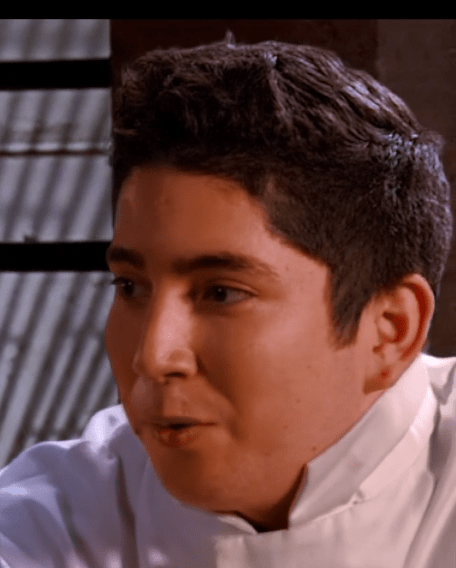
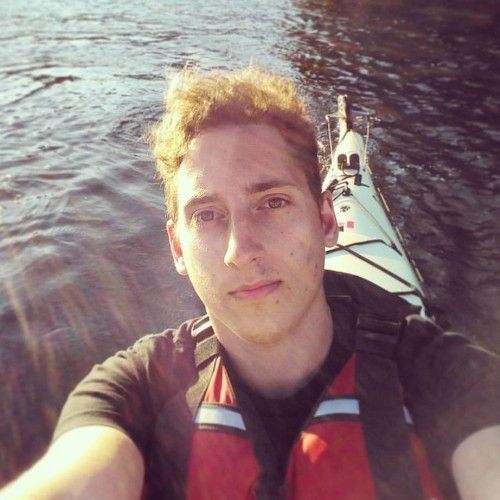
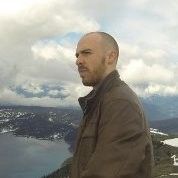
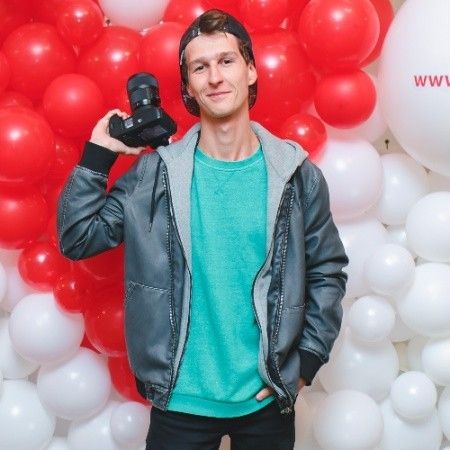
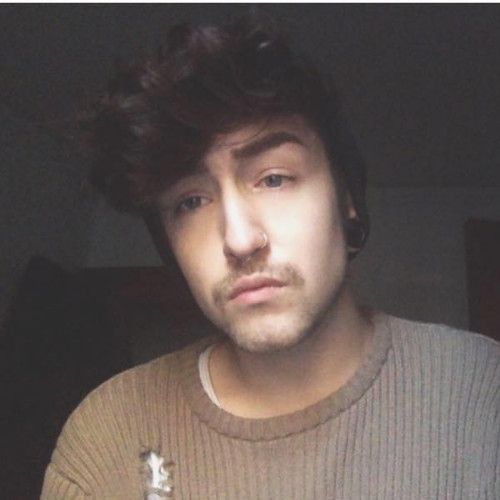
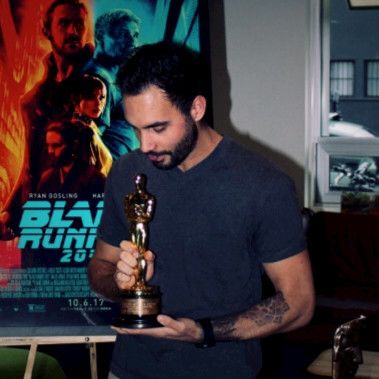
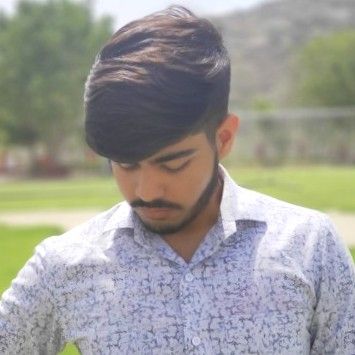
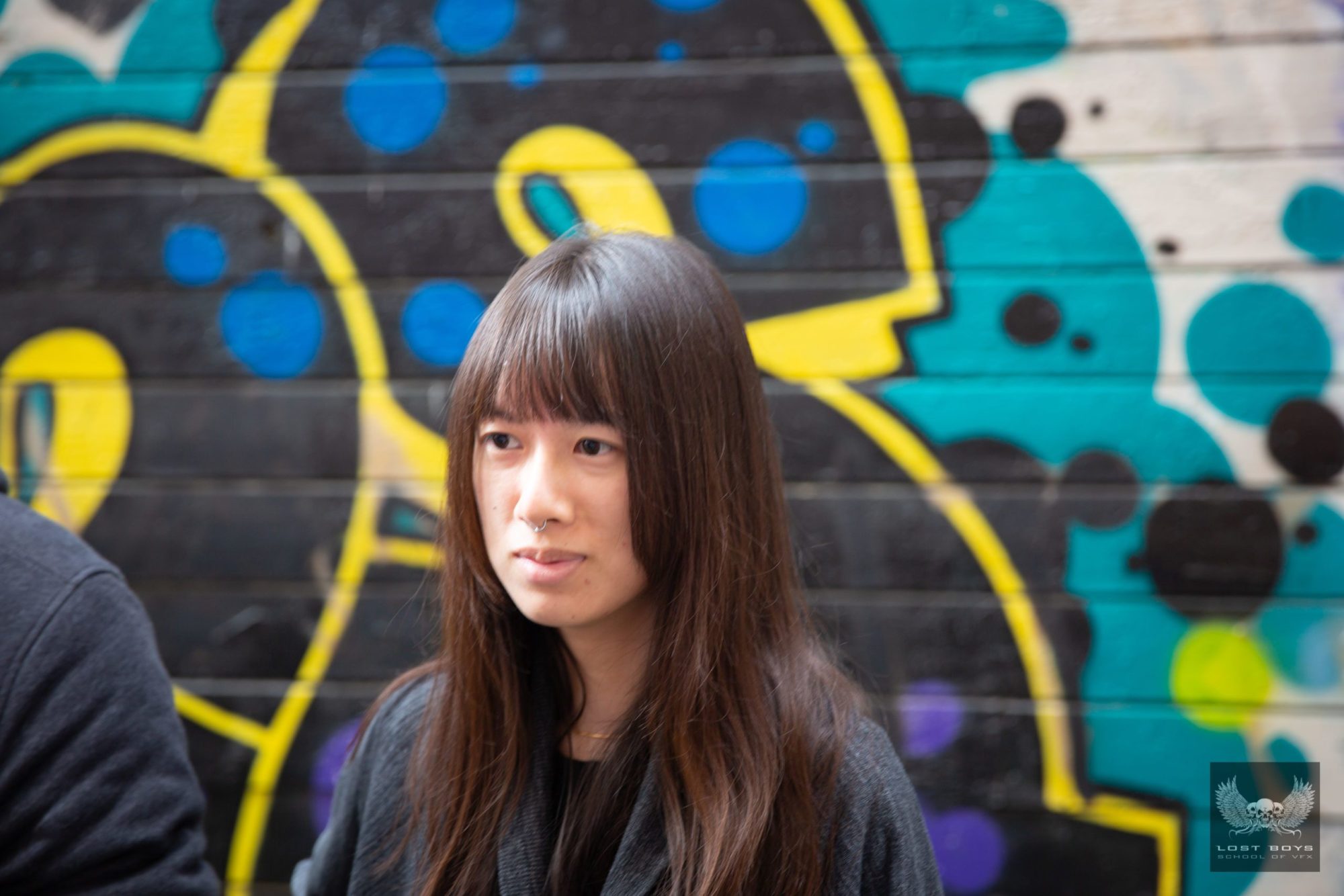


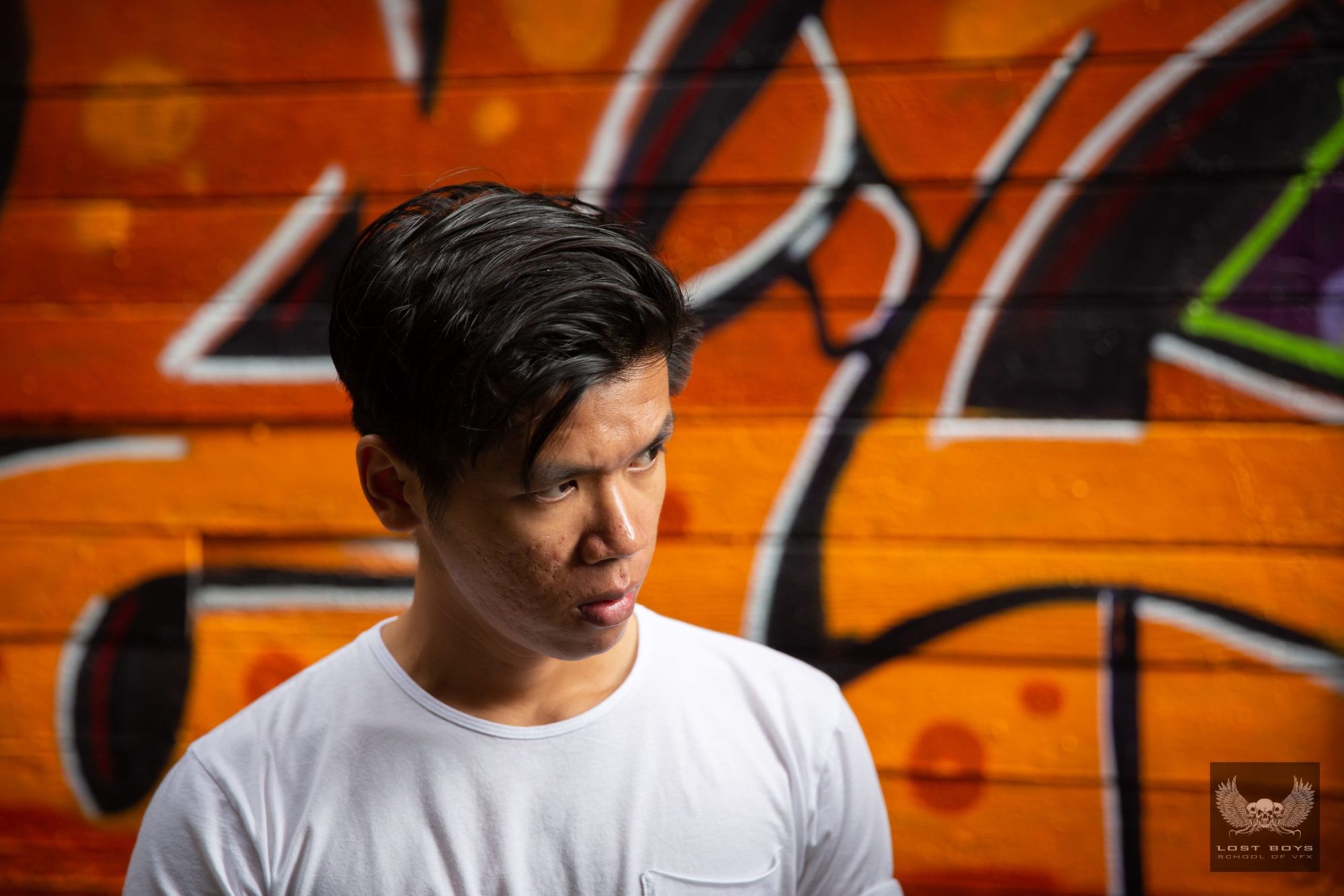
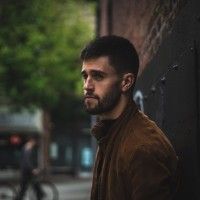
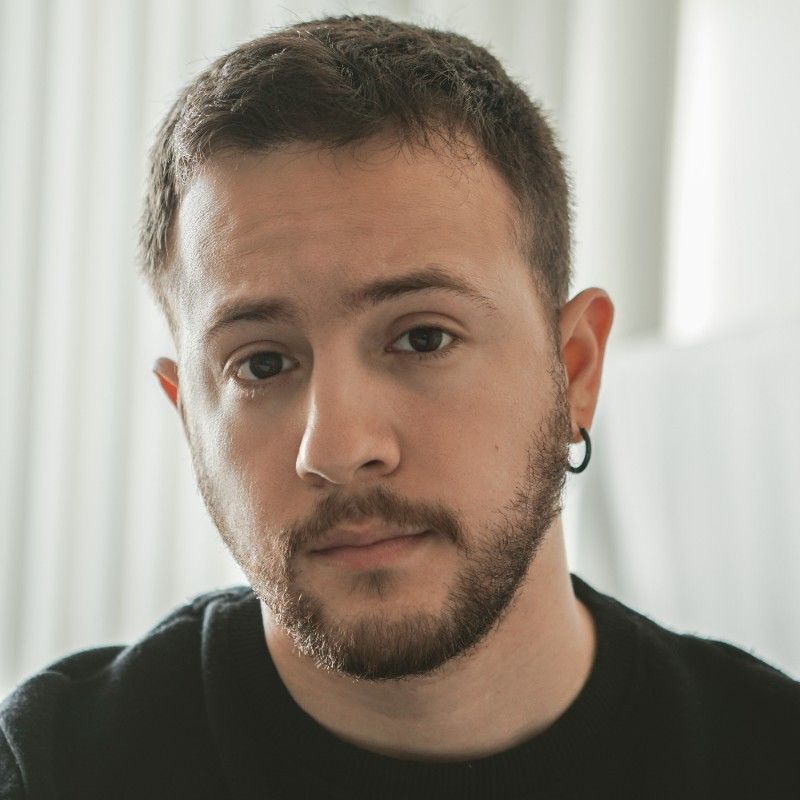


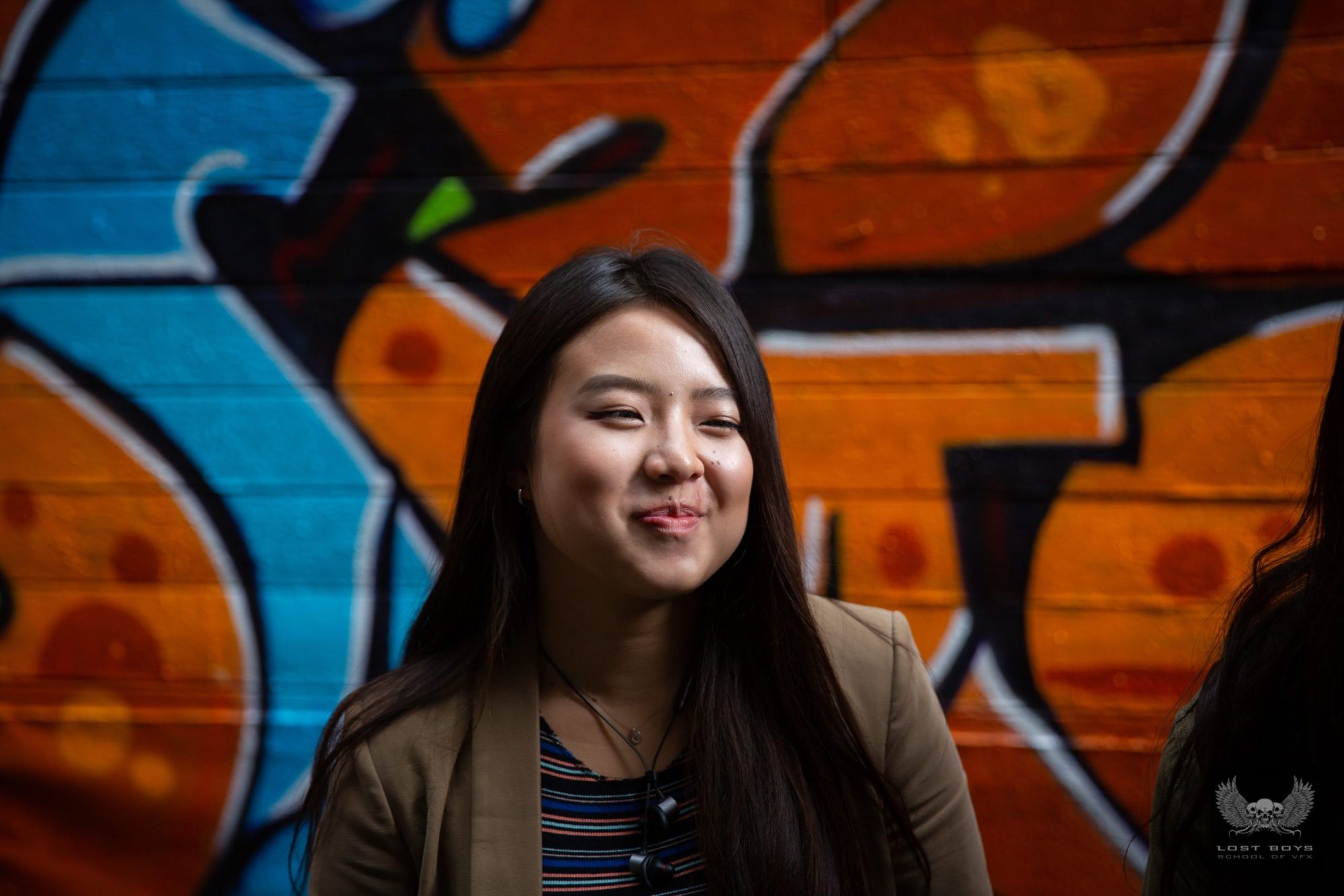

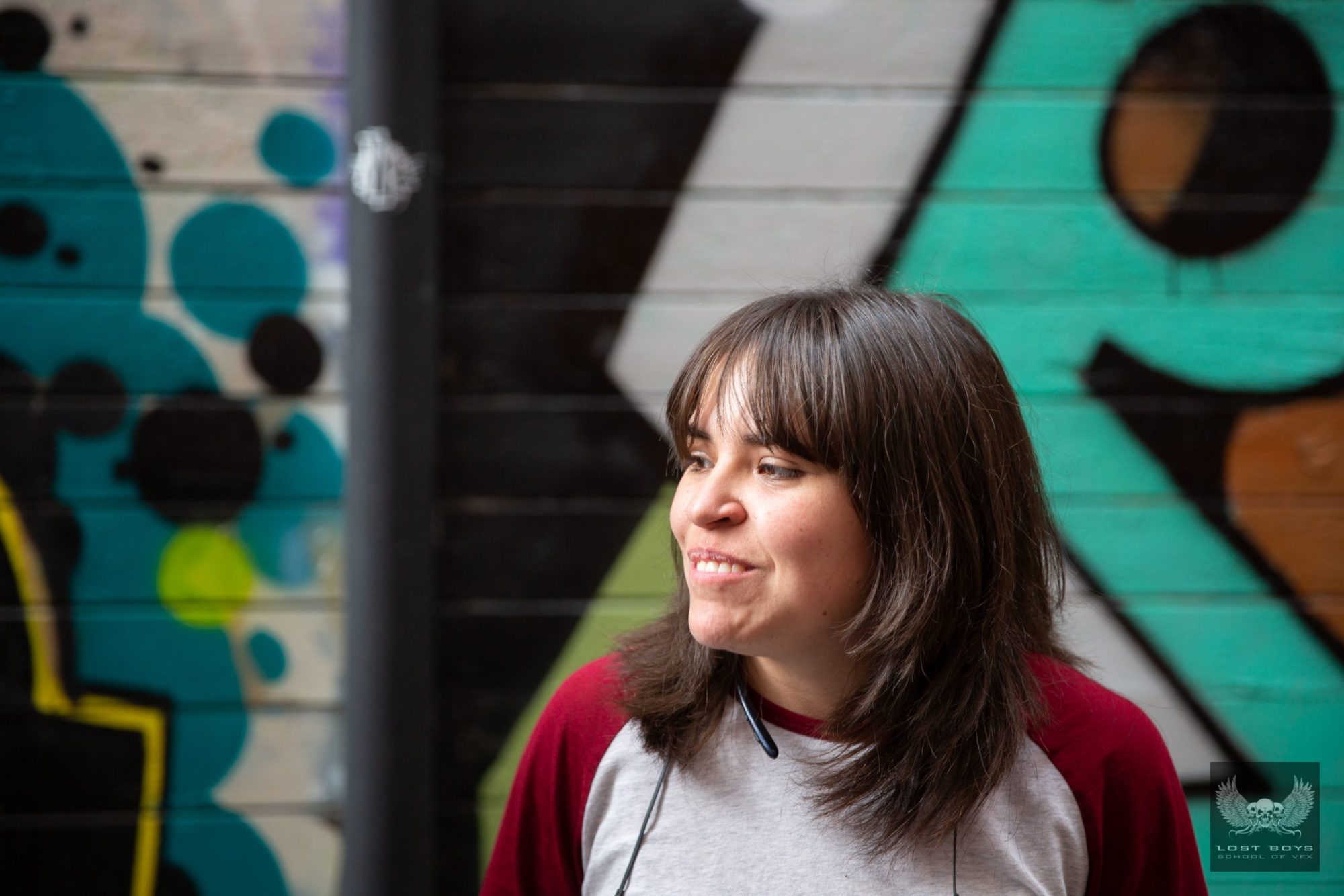

Admission Info
Academic Start Dates
We are currently running Spring and Fall intakes – Contact us for specifics, be sure to share site and program.
What We Look For...
The following criteria provides a general idea of what we look for in the personal letter and portfolio that you must submit in the application process. It is important to note that the quality of these items are considered together with the general requirements needed to apply to Lost Boys.
In your personal letter, we want to know about you as a person and your feelings towards visual effects, movies, film-making, art, design, or technology. Be sure to share with us why you have chosen this program and what research you have done. Also, illustrate to us your ability to work independently and collaboratively within a team environment. Remember, this is your time to really tell us all about you so feel free to go all out!
Your portfolio should be 8 – 10 pieces of your best work this includes basic compositing and any other medium, and can include photography, drawing, comic or graphic design, painting, sculpture, website design, and/or digital imagery.
Basic experience with the industry-standard compositing software Nuke is a requirement of the program. Students with little to no experience are welcome to review these recommended introductory tutorials, Introduction to Nuke from ActionVFX and Practical Compositing with Austin Meyers, by The Foundry.
Tuition Costs
Our Advanced VFX Compositing Program continuously produce highly-sought out specialized artists which has given us an outstanding placement rate in previous years. To that extent, our tuition cost for this program is expertly calculated to both represent the quality of our program and the exclusive nature of what we offer here at Lost Boys. We are confident that the investment you make will be rewarding both in experience and to your clear future as a visual effects artist.
